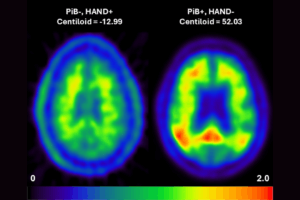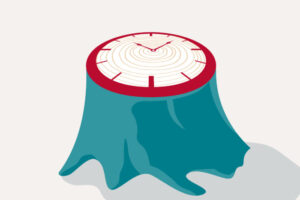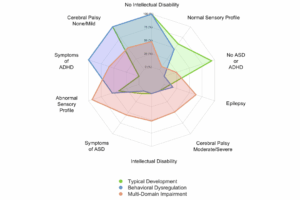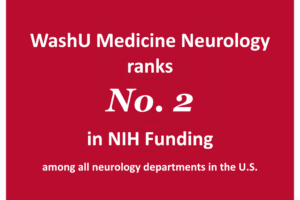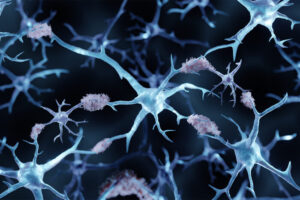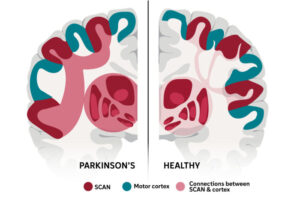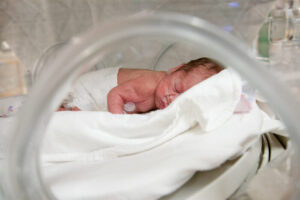A new case report published by David B. Clifford, MD, and colleagues detailed the anti-amyloid therapy treatment course of a patient who developed Alzheimer’s disease concurrently with a pre-existing HIV diagnosis. The patient, who was diagnosed with HIV in 2005, began showing signs of cognitive decline in 2015 and received a clinical diagnosis of Alzheimer’s […]
Study Reports Successful Results in First Anti-Amyloid Treatment of HIV+ Individual
